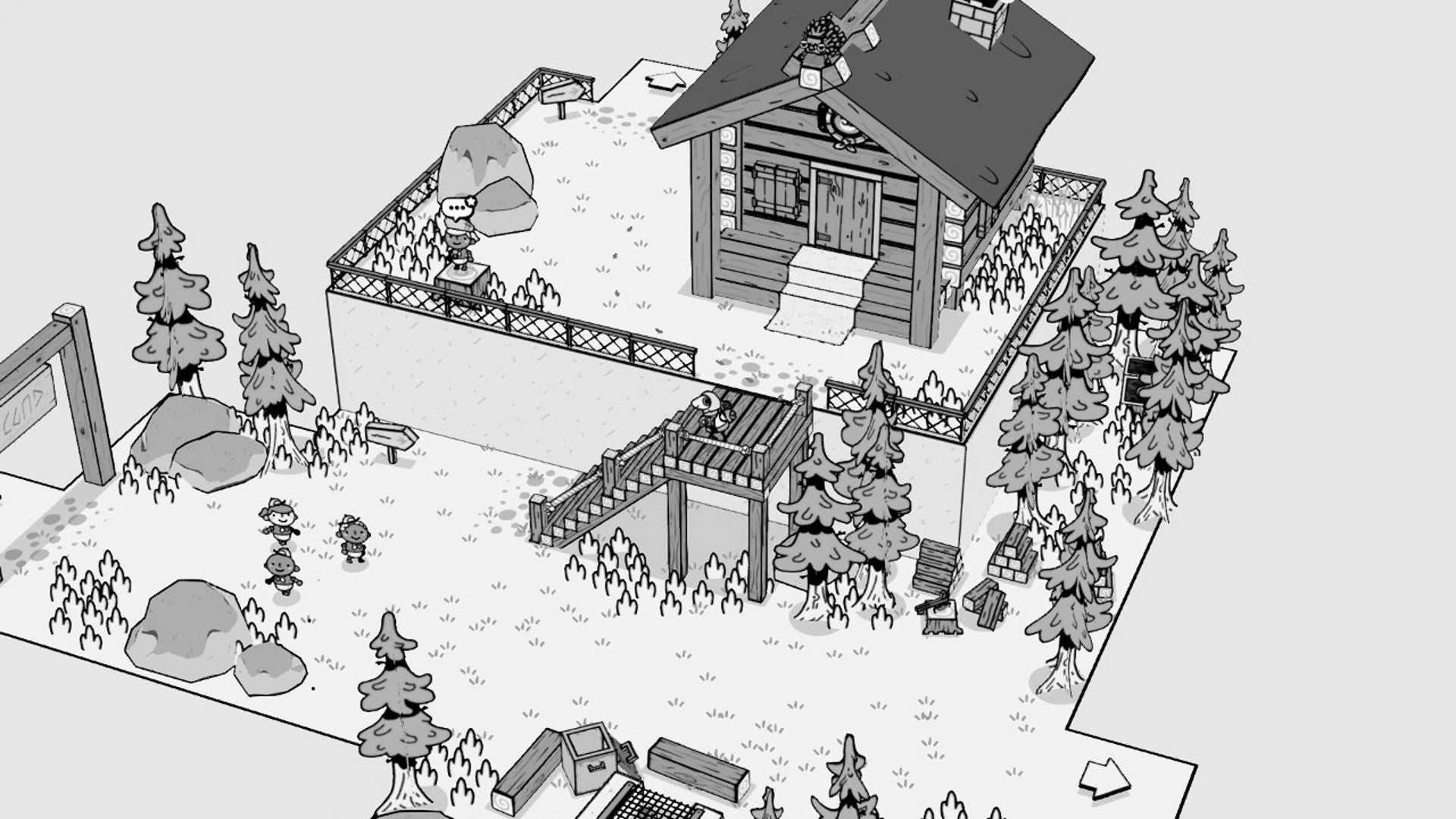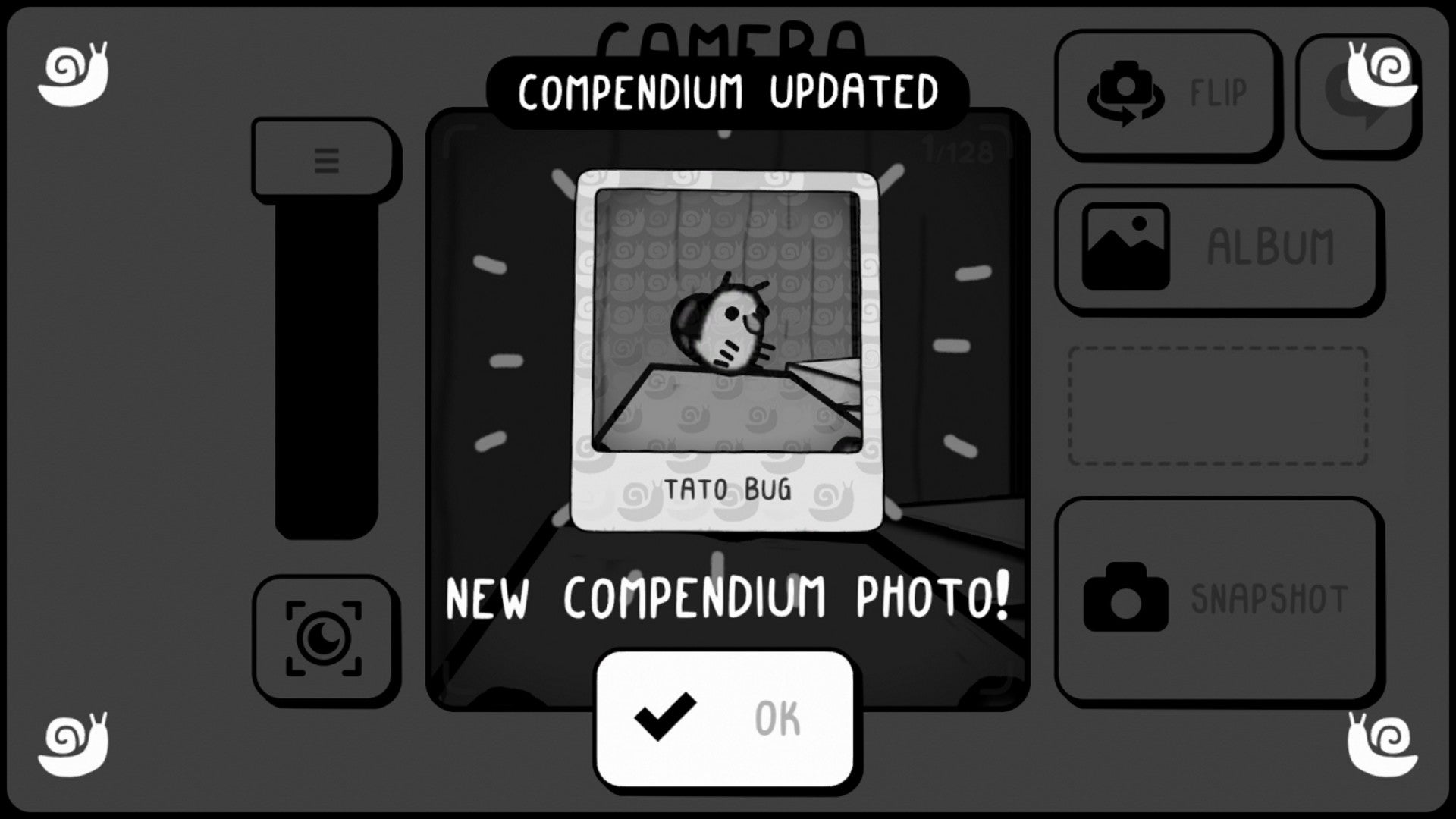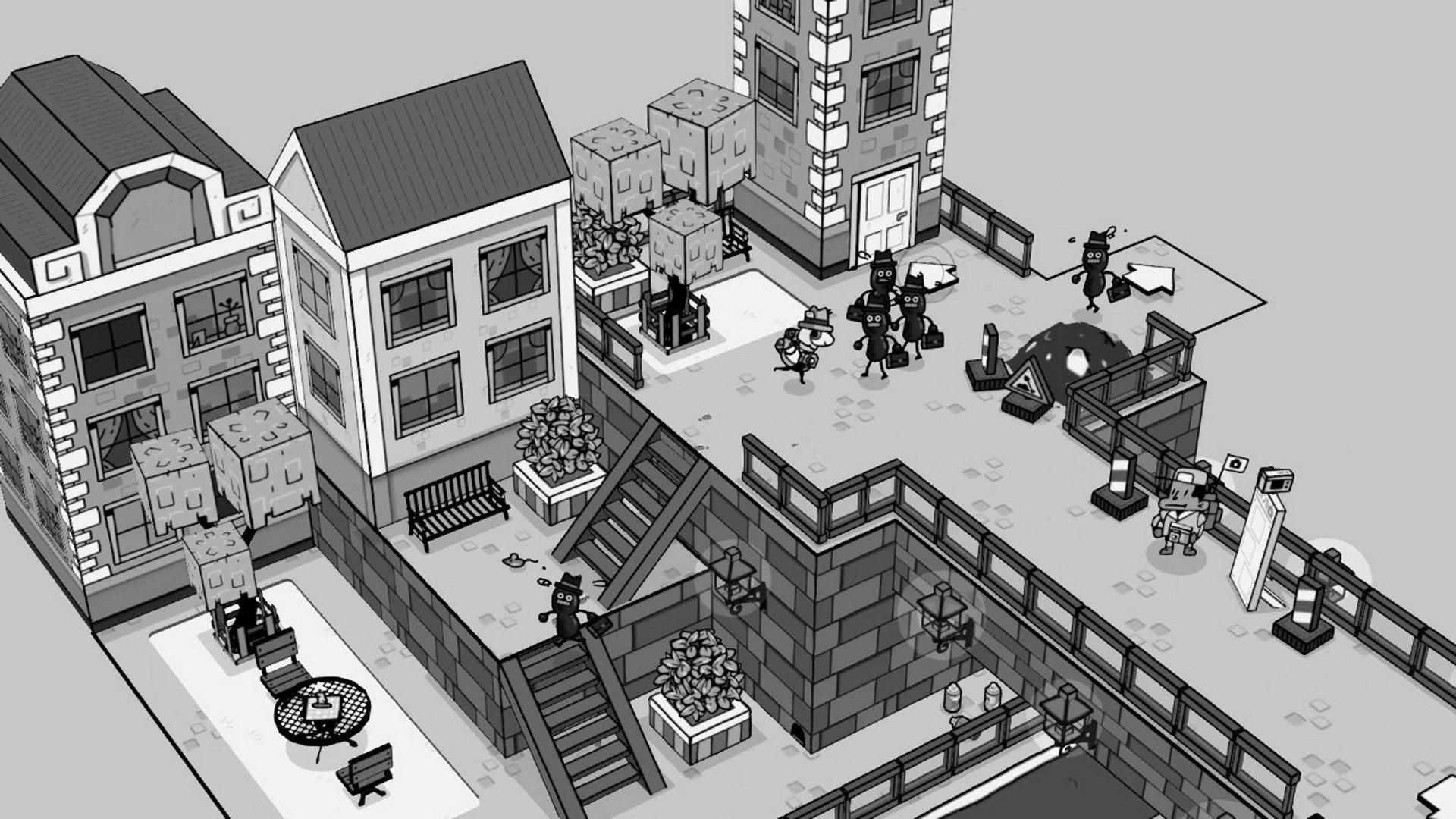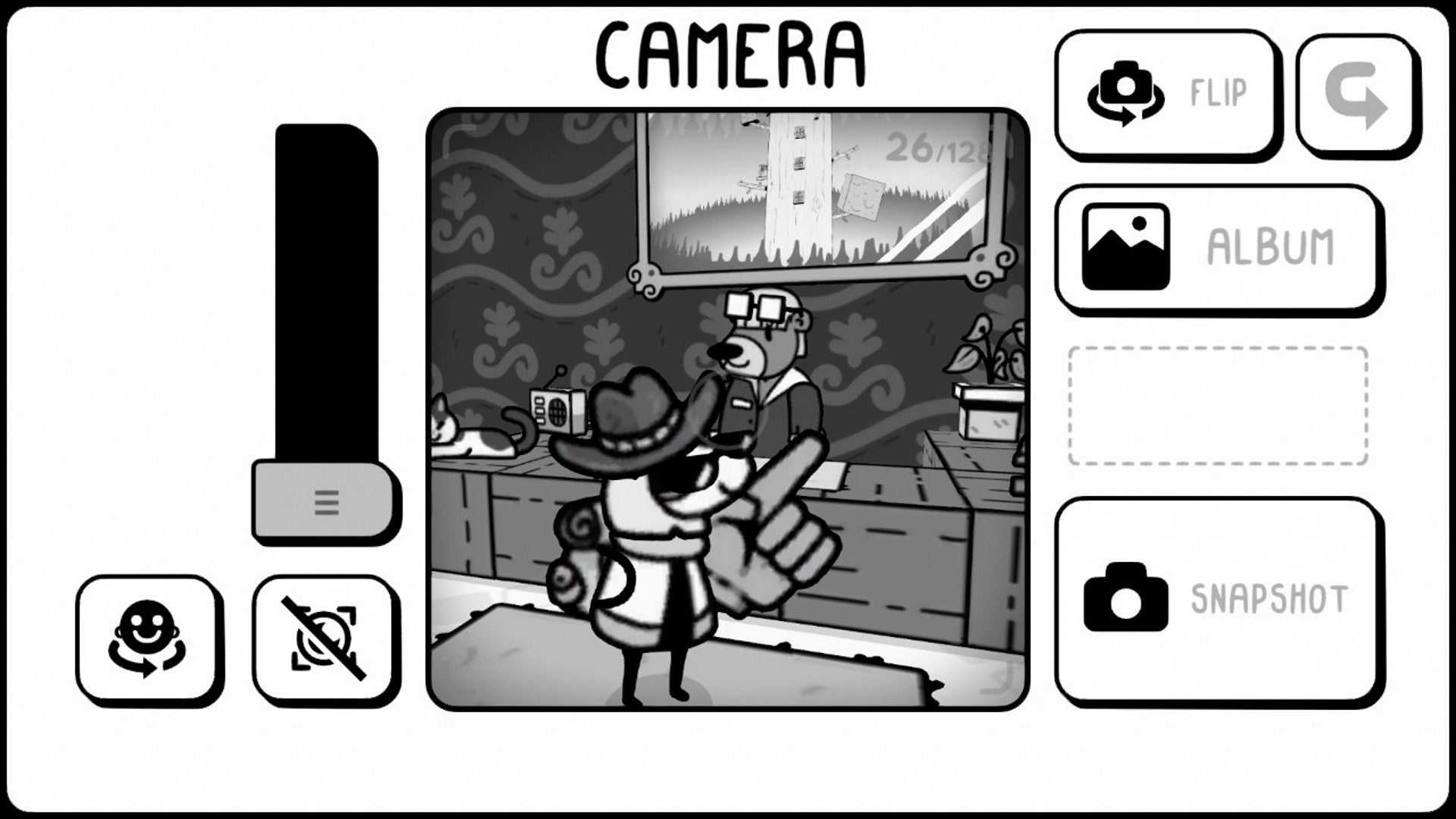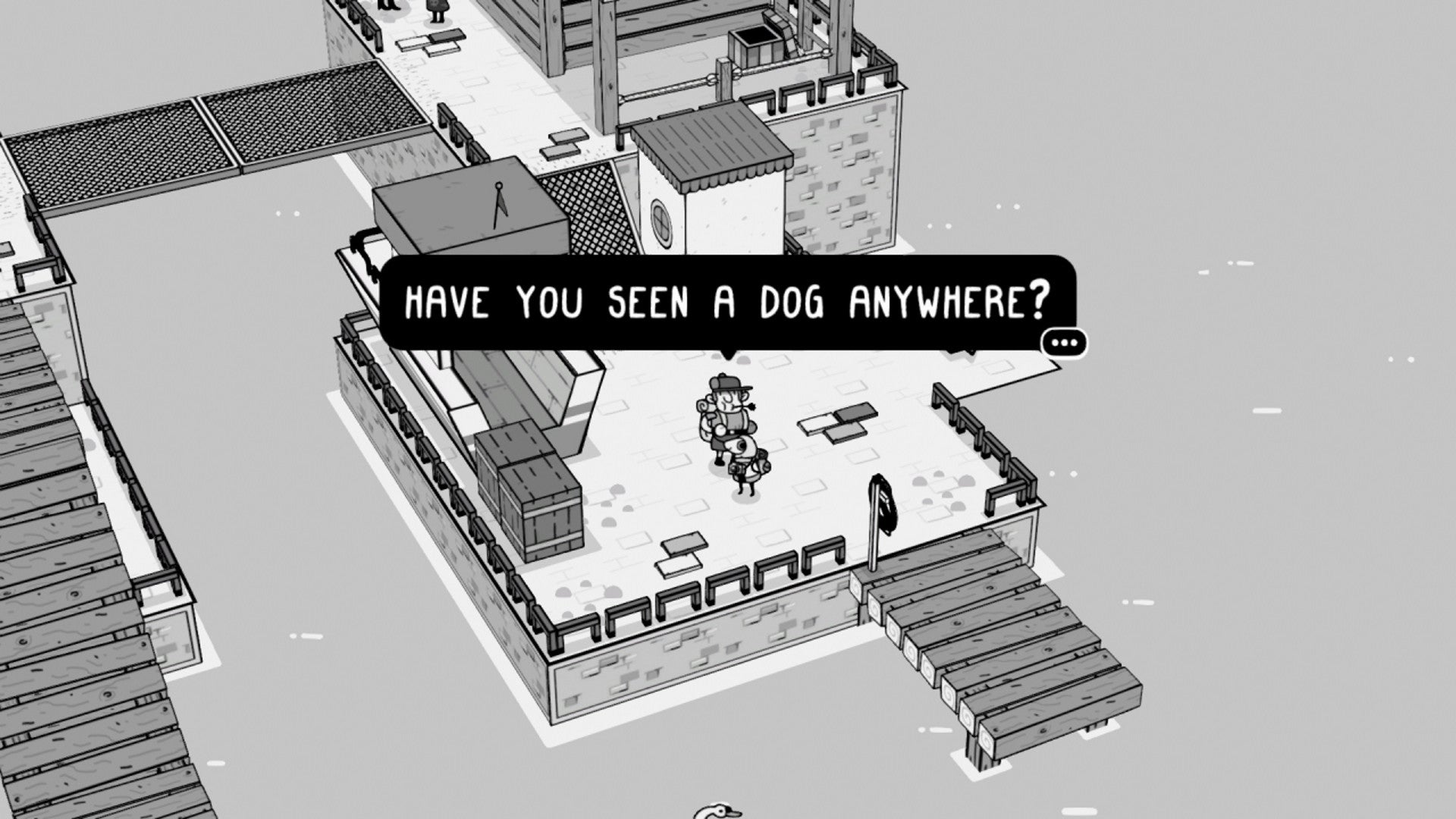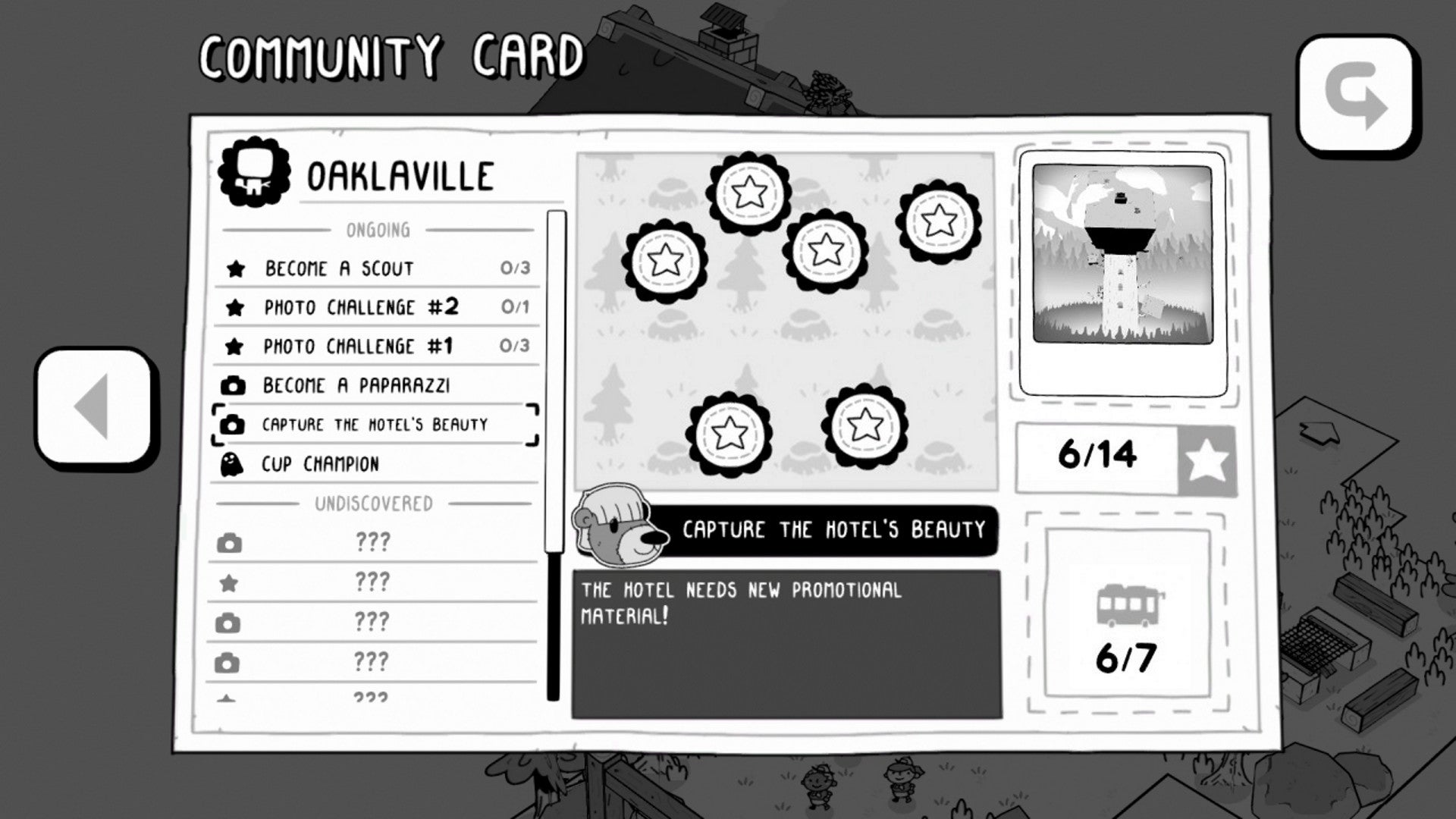It’s an odd kind of story, and fairly dull to an outsider, but squint and a narrative of sorts emerges. Snaps of LFT serial numbers and screenshots of train times for a trip to Margate. The tiled floor of a shelter down on the seafront where T.S. Eliot once sat and wrote “On Margate Sands./I can connect/Nothing with nothing.” Later, a visit to the Shell Grotto - recommended, possibly essential - and then a series of pictures from the weeks after we got back: a sunflower our neighbour gave us in a new pot, outlines of the murky continent that appeared on the ceiling one weekend when the bathroom above was leaking. Blue sky throughout, people paused and posing for a few seconds to create something throwaway you can then look at for hours. A reminder that we were all in these moments, a reminder that time is moments when you slice it like this with a camera shutter. One picture next to another, the invitation, perhaps, to connect Something with…? I love Toem. And I should warn you up front Toem has absolutely zero to do with T.S. Eliot. It’s profound, in fact, due to its brave and lovable absence of anything that is remotely profound in and of itself. Toem! In a grayscale newsprint world you go on a short journey with a camera, travelling from one bus stop to the next. The pictures you take might solve conundrums for the characters you meet at each stop, and each conundrum solved gives you a stamp that allows you to steadily earn a ticket to the next stop. You travel, meet people, help them out, get a sense of each place and, crucially, move on at the end. And the lasting evidence you’ve done any of this lies with the roll of photos you’ve taken along the way. Toem’s camera roll is fantastic. I finished Toem last week, so what’s this? A yeti outside his cave. A huge snowball on what looks like a plinth. A tiny mousehole in brickwork. A fashion show. A woman standing behind a burger. A creature hiding between trees. Photography games are always a reminder of what video games can be - what else they can be. That yeti: he wanted to see a picture of something as fluffy as he was. That snowball was rolled there by someone long ago, and they wondered how it was getting on without them. The tiny mousehole was an incidental detail I just felt like capturing. The fashion show was a bit of a mission - to get in to take snaps of the runway for a newspaper, I had to get the right press accreditation. The woman with the burger was an influencer looking for a picture that would blow up on social media. The creature hiding between the trees - well… Toem is all like this. You arrive at a new location and move between discrete areas, each one a little sculpture that you can rotate and zoom in and out of. People and animals are cartoons outlined in thick pen lines, paper thin but beautifully animated. Trees and shrubbery are doodles that have retained their brisk off-the-cuff energy. There are log cabins and beaches as you move from one area to the next, cities and mountains. Everywhere there are people to talk to, most of whom seem to need something: a balloon has gone missing, a picture is missing from a gallery, a storm has left ships stranded on top of a series of rocks. It’s incredible how much you can do with your camera, a beautiful analogue thing with a smooth, greased zoom and a hefty shutter click. Look closely! People quietly adjust themselves when you get them in frame - a picture is still a big deal, after all. But you also find yourself directing a ship’s horn, picking garbage out of the ocean, travelling deep beneath the waves and scouring the skies. Some of the challenges you’re given are pretty straightforward. Others are almost cryptic crossword clues, where the first thing to do is understand what your objective might actually be. If you want a collect-a-thon, don’t worry, that is gently baked into proceedings, but Toem is smart enough to know that you’ll just want to take pictures of things that catch your eye, too. Pictures for the sake of pictures, as you move across bustling dioramas filled with gentle intrigue. The colour scheme does so much for this game. I can’t imagine Toem being as charming or, weirdly, as warm if the places you visited were coloured in. The grey here is so inviting. The white and black makes the whole thing feel like a secret world you alone are privy to, like you’re one of a handful of followers of an old newspaper comic strip. Toem feels like a club in the best kind of way, a thing of in-jokes that hums and burbles with lovely, light touch music from Jamal Green and Launchable Socks. Characters in the game swap cassette tapes and strangers will steadily give you the items of clothing which might open up new parts of a level, but which also might just be fun to wear. Similarly a horn attachment for your camera is good for waking people and moving creatures out of the way, but it’s also just fun to tootle around with. I didn’t want Toem to stop showing me new stuff. I didn’t want to go home. Taking pictures for people, solving their modest problems, exploring their intricate, beautiful, lived-in places. And at the end, heading back in now once the main story is over and I am working towards 100 percent completion, I am surrounded by people and animals that just want to say thank you for the little things I did for them over the last few hours. The person whose socks I returned. The ghost whose chores I performed. And yet - there’s still a cat stuck up high somewhere, still a person trapped in a sewer I haven’t been able to get to, still someone annoyed by the state of a beach. I can solve these problems, I imagine - solve them with the right photo, the right instinct to connect something with something else. But it’s nice to stop here for a second while I still have some of this beautiful, transporting game left. Toem is an absolute dream.

